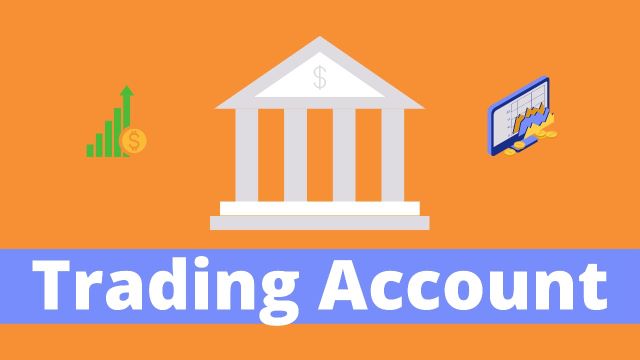Introduction
The moment you decide to explore the world of trading, is the moment you will realize how important it is to have a Demat account. Now, like any type of account, the Demat account also comes with specific Demat account charges that your broker will charge you. These are called brokerage charges.
Brokerage charges are important charges that are levied on traders by the stockbroker. This is done in exchange for the services that the stock brokers provide traders along with access to financial markets. Brokerage charges can have a lasting impact on an investor’s profits and this is why it is crucial that you consider all the Demat account charges before zeroing in on a particular stockbroker.
Here, we will take a look at everything you need to know about these charges, how they can be calculated and the minimum/maximum brokerage charges.
Understanding Brokerage Charges
To put into simple terms, brokerage charges are fees that traders pay stockbrokers when they buy or sell stocks or commodities of any other type of security. The brokerage fee is mainly how a stockbroker earns and it is collected as a commision everytime a trader buys or sells a security.
Brokerage Charges Calculation
There are typically two ways through which the brokerage charges are calculated. Here’s a brief look at the both of them:
- Percentage-Based:
- Most full-service brokerage firms have a percentage based brokerage calculation system in place
- This means that they charge a percentage of the total transaction value on buying or selling orders as their brokerage fee.
- This percentage can vary depending on influences like whether the trade is an intraday trade or delivery trade, what the trading segment is from amongst derivatives, equity, commodity or currency, etc.
- Flat Fee:
- There are certain Discount brokerage firms however that charge a fee per trade.
- This means that the fee being charged is not influenced by the trade value.
Brokerage Charge Components
When it comes to brokerage charges, one can break it down into specific components. These components are listed below:
- Brokerage Fee: When it comes to brokerage charges, the main component is the brokerage fee, the fee that a form earns for helping place buy and sell orders.
- STT or Securities Transaction Tax: This is a tax that is levied by the Indian government on both buy and sell transactions in the equity cash segment.
- GST or Goods and Services Tax: GST is the fee that is calculated as a percentage of the total brokerage charges.
- Exchange Transaction Charges: Stock exchanges like the NSE and the BSE charge transaction fees on every trade that is carried out through them . These fees are mostly very nominal but can depend on the exchange you decide to trade under.
- Stamp Duty: Any time a financial instrument is transferred, stamp duty is imposed on it. This rate can vary from one state to another.
Minimum and Maximum Brokerage Charges
Here’s a brief look at the minimum and maximum brokerage charges.
Minimum:
The minimum brokerage charge, as the name already indicates, is the least amount a trader has to pay for a single trade. The main purpose of setting up the minimum brokerage charge is to help the stockbrokers cover their operational costs, no matter how small the trades are. This charge can vary depending on the stock broker and the nature of the trade.
Maximum:
The opposite of the minimum brokerage charge is the maximum brokerage charge which is a stock broker’s highest amount for a single trade. SEBI, however, has put a limit on stockbrokers to ensure that they do not charge brokerage more than 2.5% of the total trade value for equity delivery trades and 0.25% for intraday trading.
Conclusion
It is very important for traders to understand what brokerage charges are, how they are calculated and what different charges combine to form it. This will help them choose a stockbroker that aligns with their financial goals and whose brokerage charges do not end up eating into the trader’s profits.
Additional Read: For more information about our business and services, feel free to visit our Google My Business page.



